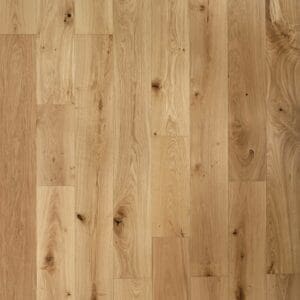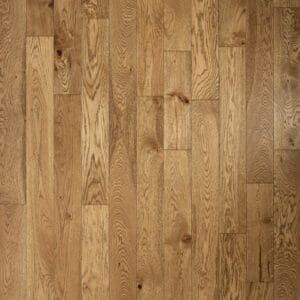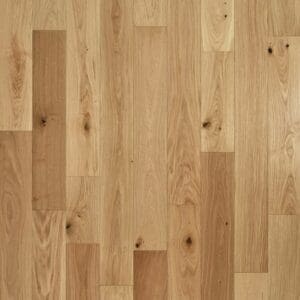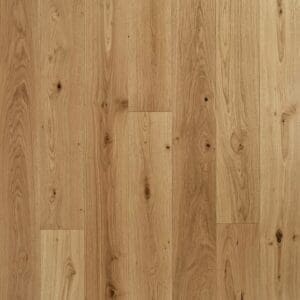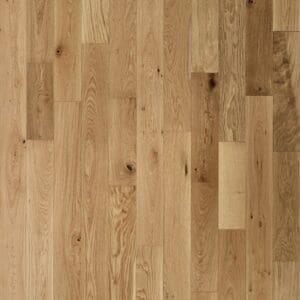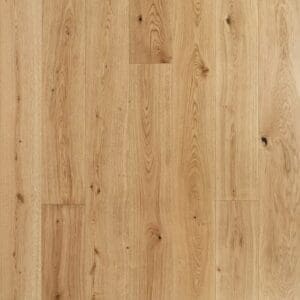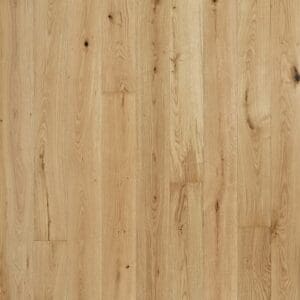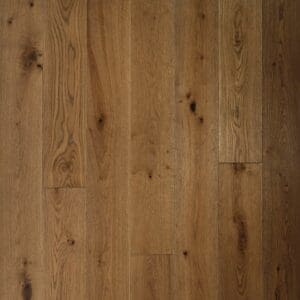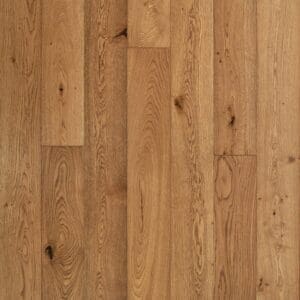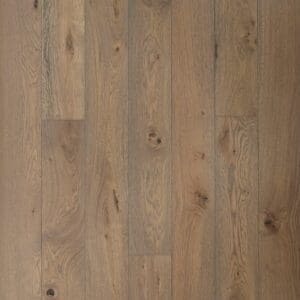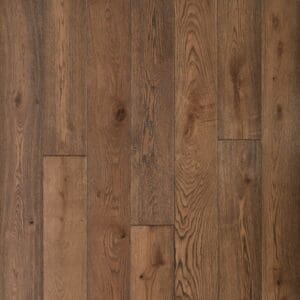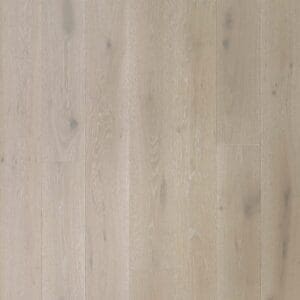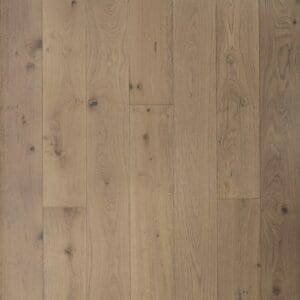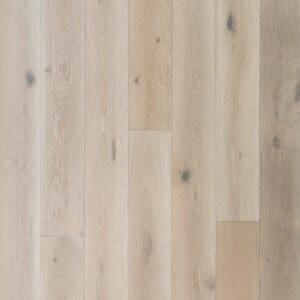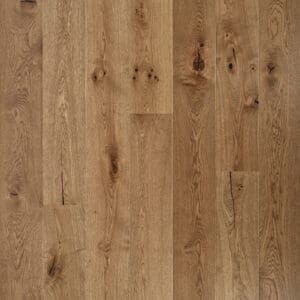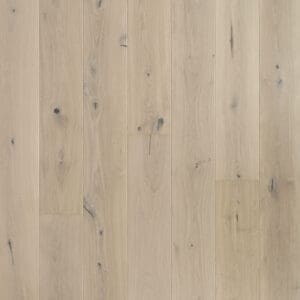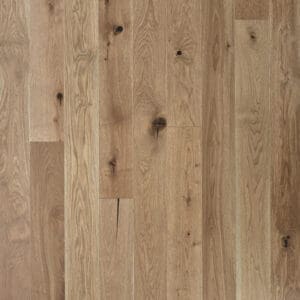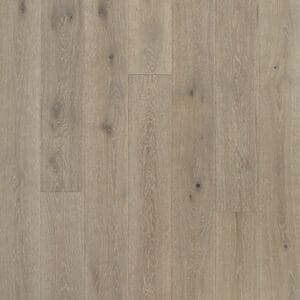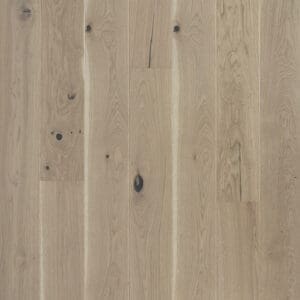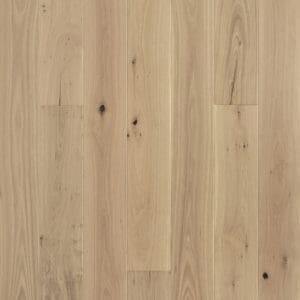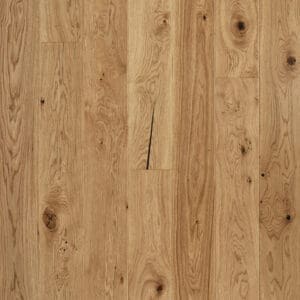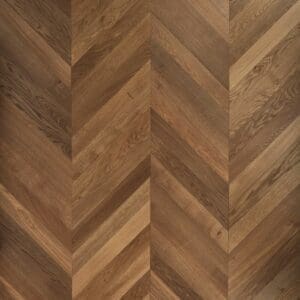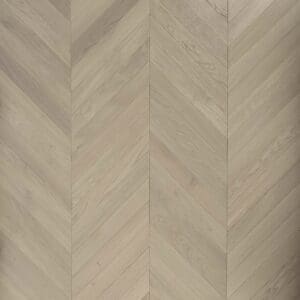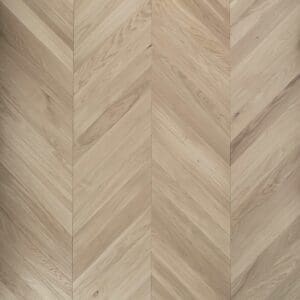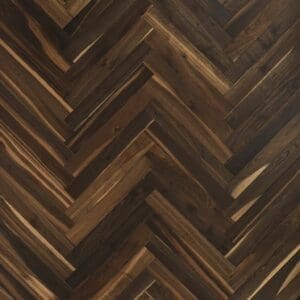Hallway Engineered Wood
Engineered wood flooring is a perfect choice for a hallway, offering the timeless elegance and natural beauty of real wood with superior stability and durability. This type of flooring is constructed from multiple layers of wood, with a top layer of genuine hardwood that provides the authentic look and feel of a traditional timber floor. The layered structure makes engineered wood more resistant to changes in temperature and humidity than solid wood, ensuring it remains a beautiful and stable foundation for this high-traffic area.
The hallway is the first impression of your home, and engineered wood flooring can enhance this space by adding a sense of warmth, character, and sophistication. With a vast range of wood species, finishes, and plank styles available, you can create a floor that complements your decor, whether you prefer a classic, rustic, or modern aesthetic. An engineered wood floor in your hallway creates a durable and elegant setting for daily comings and goings, providing a stunning backdrop that will be enjoyed for years to come.
Engineered wood flooring has become a highly popular option for homeowners who desire the beauty of a real wood floor without the potential drawbacks of solid wood. Its unique construction, featuring a top layer of real wood bonded to a core of plywood or high-density fibreboard, gives it exceptional stability. This means it is less likely to warp, cup, or gap in response to environmental changes, making it a versatile option for use throughout your home. The wear layer, which is the surface of the floor you see, can be made from a variety of wood species, with oak and walnut being some of the most popular choices. This allows for a huge range of colours and finishes, from light, airy tones to rich, dark shades.
The hallway is a key space in any home, and the right flooring can make all the difference. Engineered wood offers a warm, inviting feel that is perfect for a high-traffic area like a hallway. It adds a touch of natural elegance and can complement a huge range of interior design styles, from rustic and traditional to minimalist and modern. You can choose from various plank widths and lengths, as well as different finishes, to create a truly bespoke look. For example, a wide plank with a brushed finish can create a rustic feel, while a smooth, lacquered finish on a narrower plank can give a more contemporary look. The result is a floor that not only looks stunning but also provides a durable and comfortable surface for daily life in your hallway.
Buying guide for engineered wood flooring
Choosing the right engineered wood flooring for your hallway involves several important considerations to ensure it meets your needs and enhances your space.
Room Usage / Location: The hallway is a high-traffic area, so engineered wood is a great choice due to its durability and stability. Its resilience makes it suitable for spaces where you entertain and have family meals.
Lifestyle: Consider how you use your hallway. For a busy household with children, look for a product with a hard-wearing finish and a thicker wear layer. A distressed or hand-scraped finish can also be more forgiving and better at hiding minor scratches.
Budget: The cost of engineered wood flooring can vary significantly depending on the wood species, wear layer thickness, and brand. While it is generally more expensive than laminate, it is often more affordable than solid wood and offers a longer lifespan.
Durability & Maintenance: A key aspect of durability is the thickness of the real wood wear layer. A thicker wear layer allows the floor to be sanded and refinished multiple times, extending its life. Maintenance is straightforward, requiring only regular sweeping or vacuuming with a soft brush and occasional mopping with a manufacturer-approved cleaner.
Material Type Pros & Cons:
Pros: Engineered wood provides the look and feel of real wood with better stability and a wider range of installation options. It is also a more sustainable choice as it uses less of the top-grade wood species compared to solid wood. It’s also suitable for use with underfloor heating systems.
Cons: It is generally more expensive than laminate or LVT. While durable, it can still be susceptible to scratches and dents, and the wear layer limits the number of times it can be sanded.
Aesthetics & Style: The wide variety of engineered wood flooring options allows you to find a perfect match for any hallway decor. From the light, fresh look of white oak to the deep, rich tones of walnut, you can create a floor that is a true reflection of your personal style.
Comfort & Sound: Engineered wood offers a warm and comfortable surface underfoot, which is a great benefit for a hallway. It is also quieter than other hard flooring options like stone or ceramic tile.
Underfloor Heating: Engineered wood flooring is a great choice for use with underfloor heating systems. Its stable, layered construction handles the temperature changes better than solid wood, preventing warping and cracking.
Installation: Engineered wood can be installed as a floating floor, glued down, or nailed down, offering flexibility in installation. Professional installation is recommended to ensure the best results and to comply with warranty requirements.
Sustainability: Many manufacturers, like V4 and Kahrs, source their wood from sustainably managed forests, and the efficient use of timber in engineered flooring makes it a more eco-friendly choice than solid wood.
Frequently asked questions about hallway engineered wood flooring
Is engineered wood a good choice for a hallway?
Yes, engineered wood is an excellent choice for a hallway. Its durability, stability, and beautiful appearance make it a popular option for this high-traffic area. It offers the warmth of real wood and can withstand the daily use of a family home while creating a sophisticated and inviting first impression.
How do I protect my engineered wood hallway floor from damage?
To protect your engineered wood hallway floor, it is highly recommended to use a doormat at the entrance to trap dirt and grit. You should also ensure that the floor is properly installed and sealed to prevent moisture from seeping into the planks. Regular sweeping or vacuuming will also help prevent scratches from small debris.
Can engineered wood be sanded and refinished if it gets damaged?
Yes, one of the key benefits of engineered wood is that it can be sanded and refinished to restore its appearance. The number of times it can be done depends on the thickness of the real wood top layer. A thicker wear layer, like those on high-quality products from brands such as V4 and Kahrs, can be sanded several times, giving the floor a very long lifespan.
Frequently Asked Questions
Is engineered wood a good choice for a hallway?
Yes, engineered wood is an excellent choice for a hallway. Its durability, stability, and beautiful appearance make it a popular option for this high-traffic area. It offers the warmth of real wood and can withstand the daily use of a family home while creating a sophisticated and inviting first impression.
How do I protect my engineered wood hallway floor from damage?
To protect your engineered wood hallway floor, it is highly recommended to use a doormat at the entrance to trap dirt and grit. You should also ensure that the floor is properly installed and sealed to prevent moisture from seeping into the planks. Regular sweeping or vacuuming will also help prevent scratches from small debris.
Can engineered wood be sanded and refinished if it gets damaged?
Yes, one of the key benefits of engineered wood is that it can be sanded and refinished to restore its appearance. The number of times it can be done depends on the thickness of the real wood top layer. A thicker wear layer, like those on high-quality products from brands such as V4 and Kahrs, can be sanded several times, giving the floor a very long lifespan.
